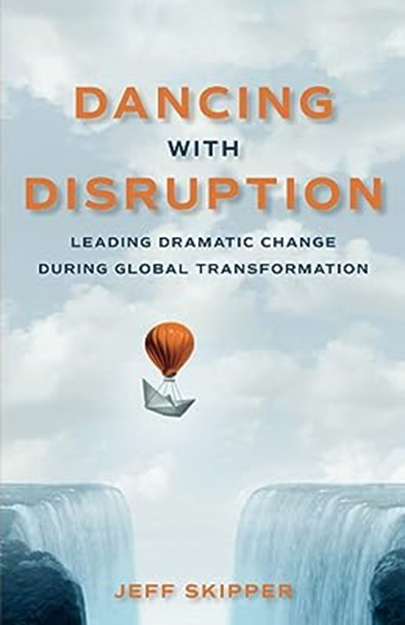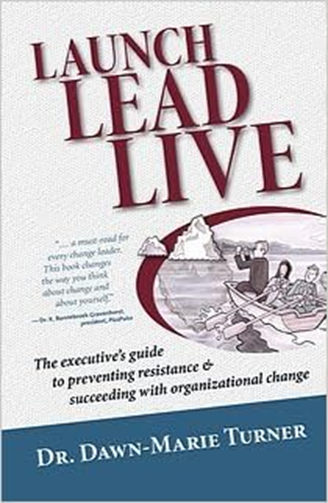For me, the greatest team sport is football – the North American version.
I have played and coached at all levels and have always been a fan of the game – the blocking and tackling and practicing and preparation, not the shenanigans of the players and leagues.
The lessons I learned and the friends I have made through football are my treasures.
A football team, like any business, relies on trust between players, and with the coaches. And there is an expectation that each player takes care of their own business (their body and their mental prep).
This same expectation must hold for any business to be successful – for profit or not-for-profit.
It is incumbent for every employee to prepare themselves to do their best every day.
I know life happens and we sometimes give less than 100% – in life, business, or football. And that is OK. Great coaches forgive you and help you get better for the next play or the next game. Great leaders will support you to do your best and recover from what has negatively impacted you. And great families will always be there to support you.
However, if you take your own prep and actions for granted you will create a lack of trust. Those that supported you may be less willing (other than family, perhaps) to continue to support or coach you if you are not taking control of your own actions.
And that is why a focus on yourself is important to the success of the team.
If each player is prepared the best they can be, this increases the chances of executing a successful game plan.
If every employee knows how their role best serves the customer (external or internal) and they are prepared to deliver then this increases the chances for success.
But how do you create a game plan for each individual?
I believe a coach or leader cannot motivate a player or employee. Motivation is intrinsic. It is up to the coach/leader to create the environment that the player/employee wants to give their best to the team/company.
In other words, I can steer the player/employee rocket – I cannot light it.
Here are steps that worked for me as a football player/coach and employee/leader:
- Get your head right. It is called work for a reason. When you clock in, give your best.
- Invest in yourself. Got off the couch at night – the Real Housewives of ____(insert city here) are not “real.” Read, study, watch something that can help you get better for work. OR volunteer your time where you can use your talent/skill to assist an organization.
- Learn how to coach. I have seen too many HR (hardly relevant) folks talk about coaching and they never did anything past Timbits hockey. Yes, hard on the HR because there is a high expectation.
- Learn how to be ___ (insert your profession here). If you are a marketer – become a better marketer. Don’t rely on someone else to tell you what to do. Guidance for sure. But you are going to craft where you want to go. Be honest with yourself because you know what you can and cannot do. Build on your strengths and improve on a weakness if debilitating.
- Learn how to think and challenge to improve the situation you are in. As a player, if you don’t know the plays very well who will trust your input or suggestions? If you are an “average at best” performer who will trust your input or suggestions?
- Learn ho to ask for assistance/guidance and how to give assistance/guidance. If you have a common team goal you can determine what you need to do to help get there. And if you are the coach/leader you can see who can contribute at what level and where you need to add to the team.
And one final reminder – you can dismiss all these points if you don’t want to get better. I am not judging.
I am suggesting that if you want to be a winner and play for a winner these are the actions that you need to take to become a winner.
And remember that a winner has peace of mind which is a direct result of self-satisfaction in knowing you made the effort to become the best of which you are capable.
Coach John Wooden…take his word for it as the coach of the century.




You must be logged in to post a comment.